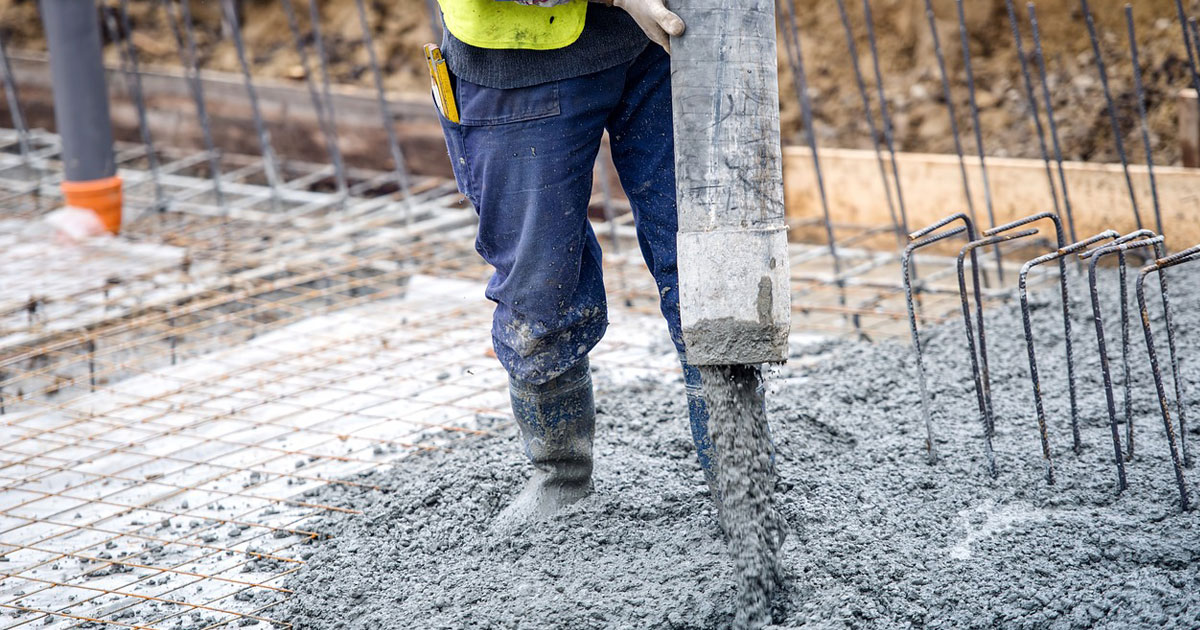5 Important Things to Consider When Choosing a Site for Construction

Selecting the right site for any construction project is one of the most challenging decisions to make. The location you choose can either set a development up for success or create many frustrating problems.
Whether it’s a commercial build, a residential home, or a massive city project, your final choice requires careful thought. The more you plan in advance, the smoother the entire process will be.
Not sure where to begin? Below we are going to discuss five important things to consider when choosing a site for construction.
Site Accessibility and Infrastructure
The proximity of infrastructure and the overall site location plays a significant role in the success of a project. Alongside getting supplies to the location, including building materials like precast concrete, timber, and steel, your workers must be able to access the land easily.
The availability of utilities such as water, electricity, gas, and sewage systems is another crucial factor. An ideal site will have robust infrastructure in place or the potential for easy connection at a reasonable cost.
Zoning Regulations and Land Use Planning
Zoning laws dictate the type of buildings that can be erected in a specific area, as well as their use and design standards. A site that falls within these regulations can save your business time and money as you don’t need to apply for exemptions.
Land use planning should also be taken into consideration. Thinking about long-term use for the site can provide benefits for not only the individual project but the community as a whole.
Soil Conditions and Environmental Impact
The stability and composition of the soil where a building will stand are non-negotiable factors to address early in the site selection process. Testing for load-bearing capacity, moisture content, and compaction is vital for ensuring that the structure will have a solid foundation.
Equally important is the environmental impact of the site. Stakeholders must evaluate the potential for erosion, habitat destruction, and pollution.
Market Analysis and Demographics
Another aspect that can make or break the success of your project is understanding the market and demographics of the region. A thorough analysis will reveal the demand, occupancy rates, and the competitive landscape.
Be sure to address things such as population growth, employment trends, and income levels. This information is invaluable when deciding the scale and necessary features of the development during the design process.
Legal and Financial Aspects
Finally, it’s important to remember that choosing a construction site requires an in-depth understanding of the legal and financial landscape. You must evaluate all of the necessary expenses to stay on budget and to avoid legal issues further down the track.
Prepare for potential taxes, construction costs, ongoing operational expenses, and permits. It’s recommended that you seek legal counsel so that everything continues to run smoothly.
Final Words
Selecting the right site for construction is an extensive process and not one that you can rush. By considering the above, you can choose a location that will meet your needs all while minimizing the risk of hazards and common construction issues.